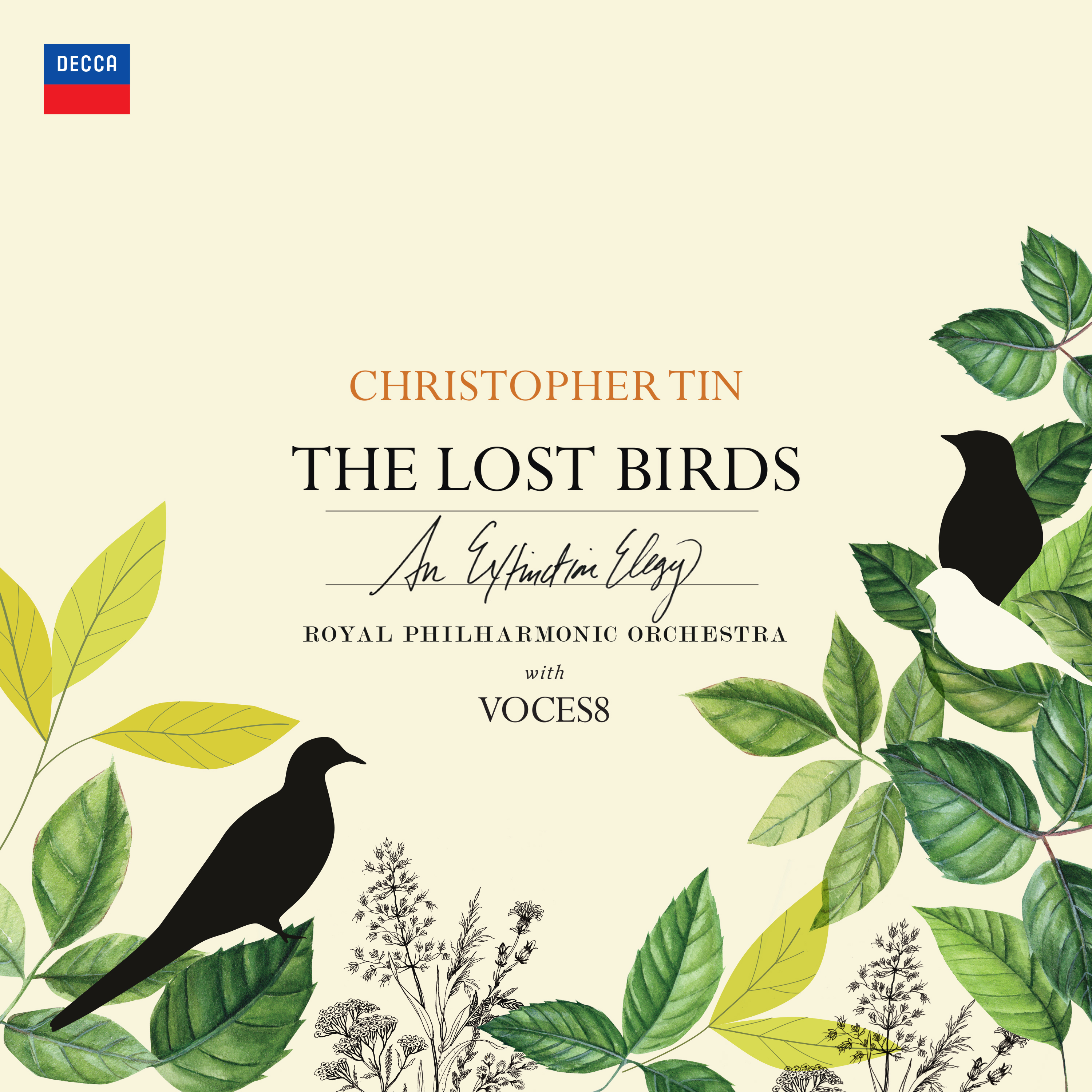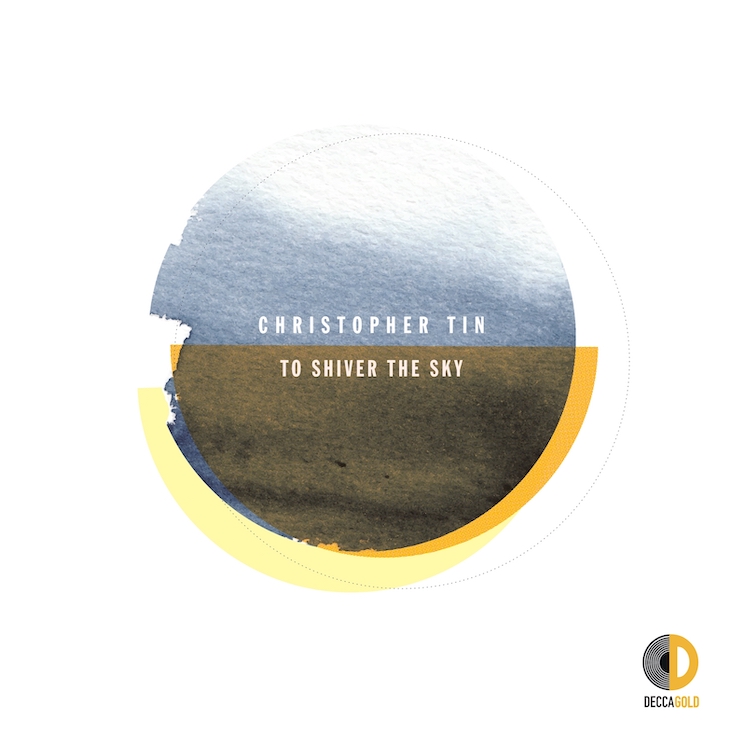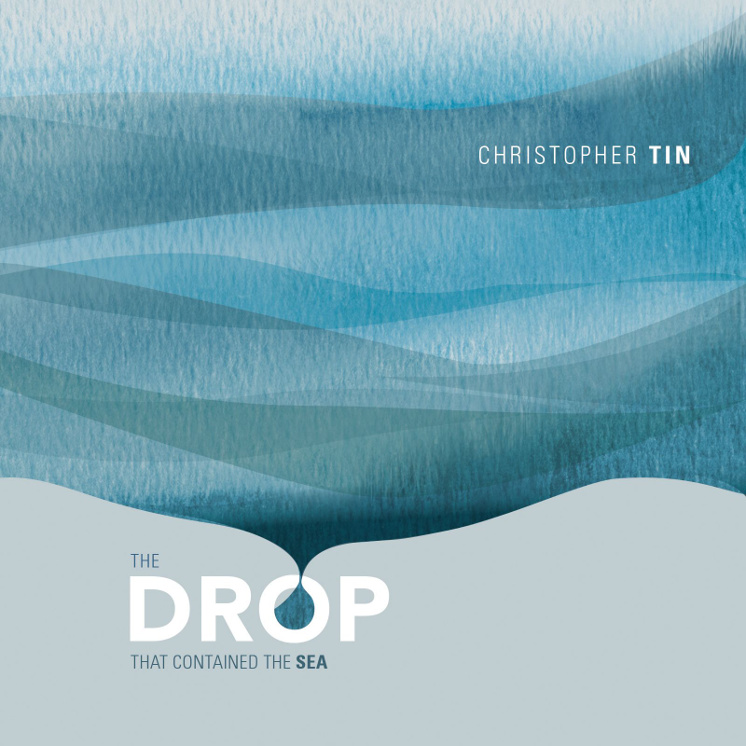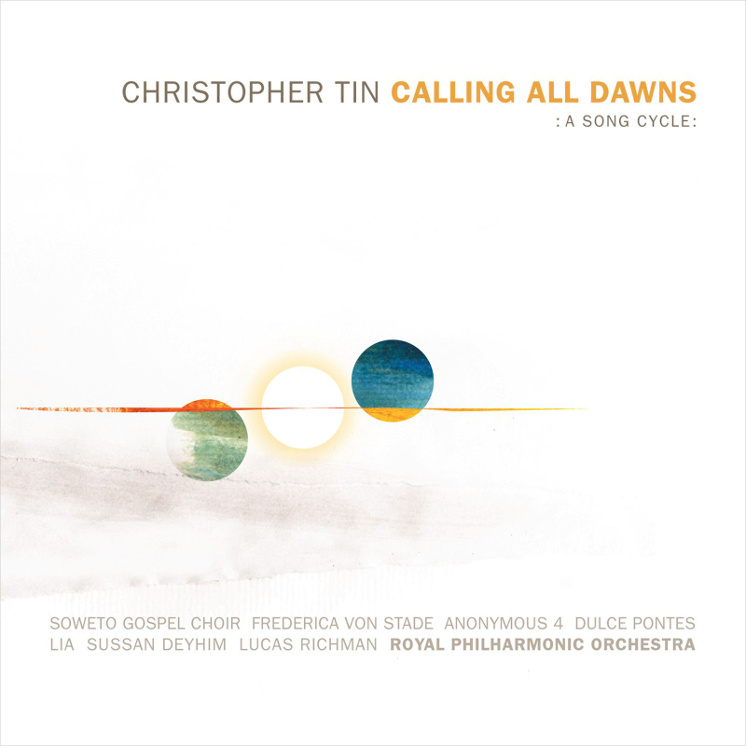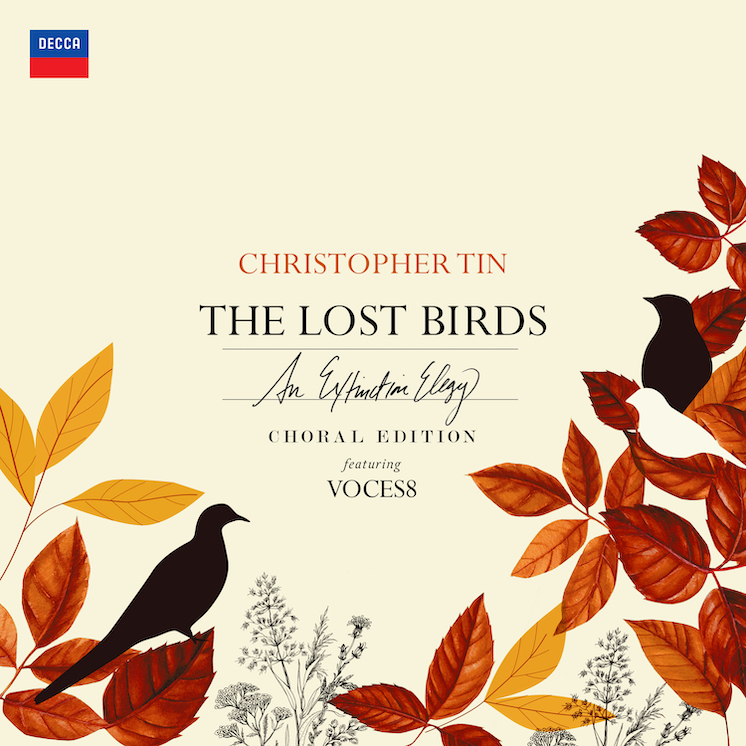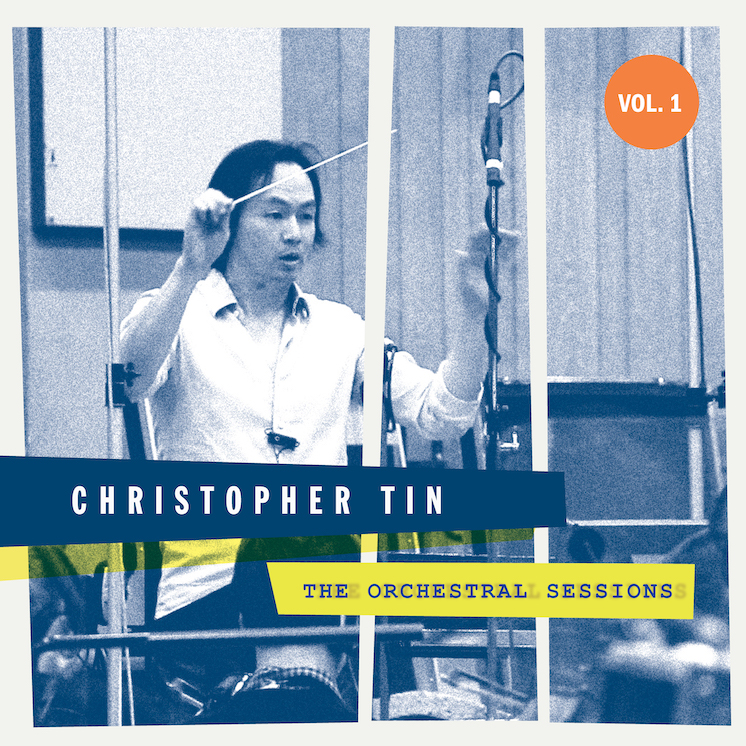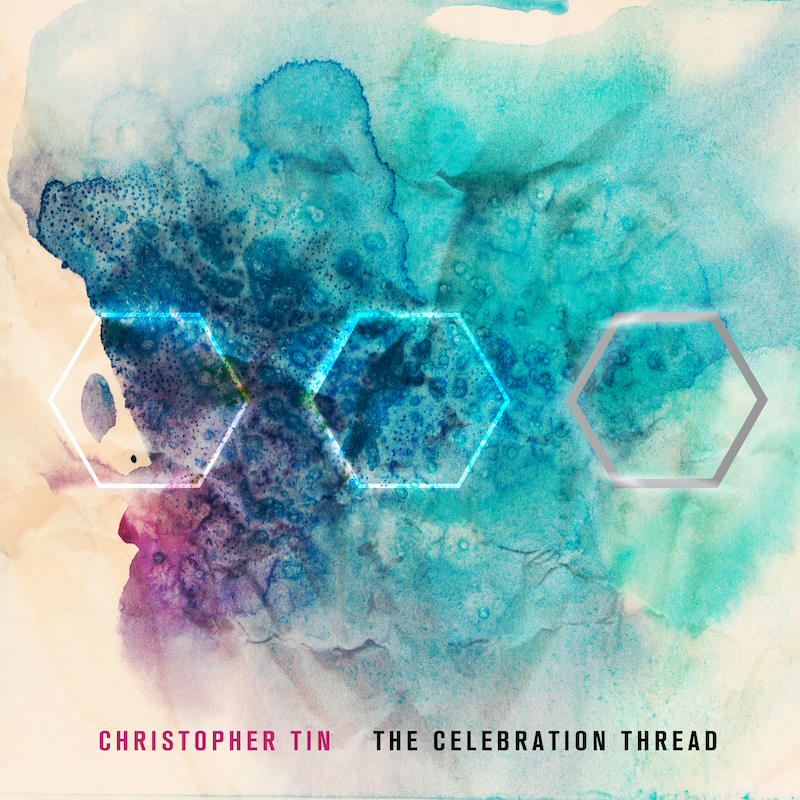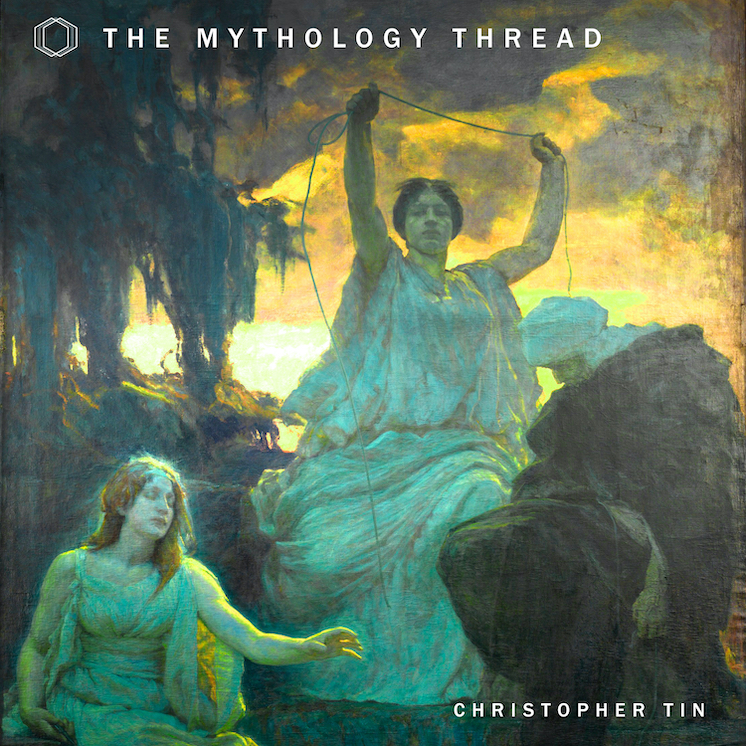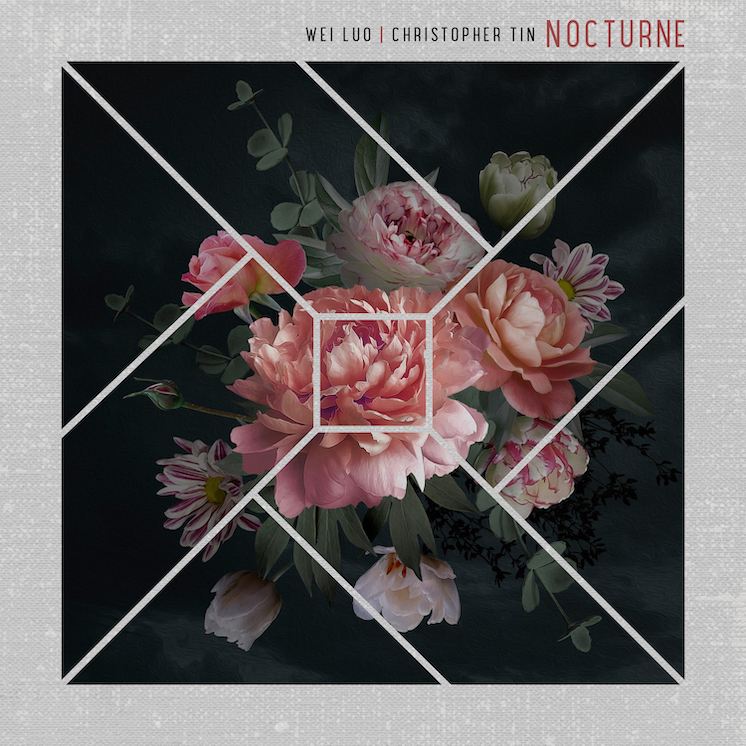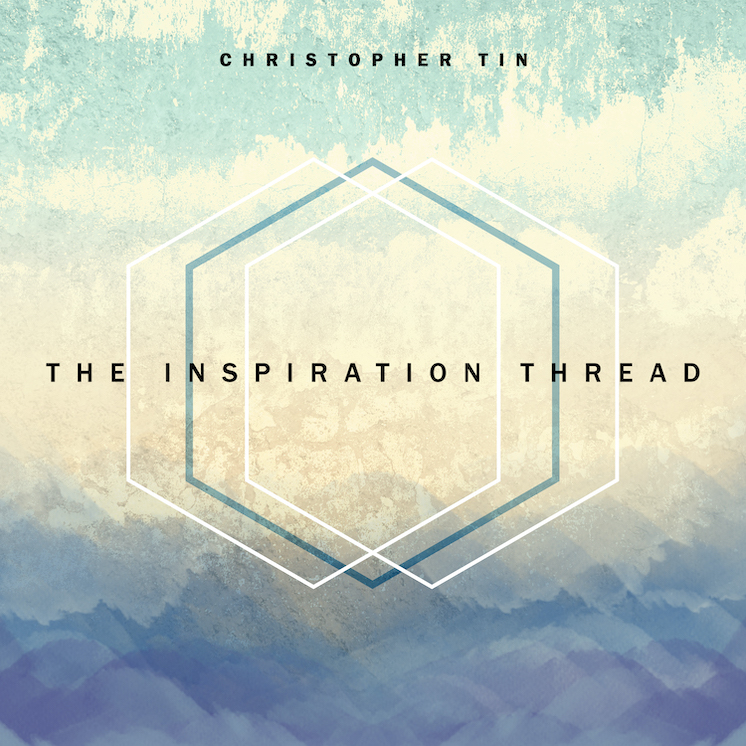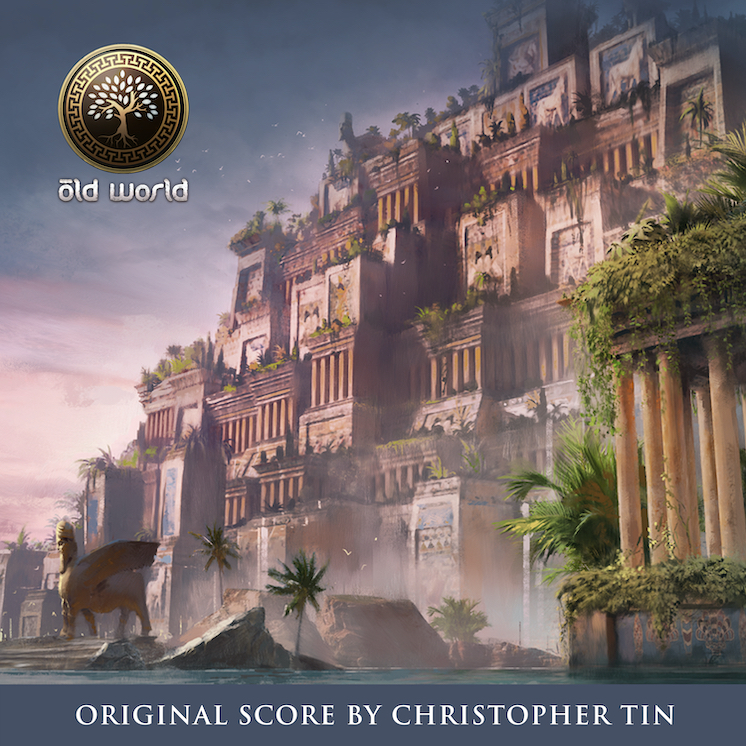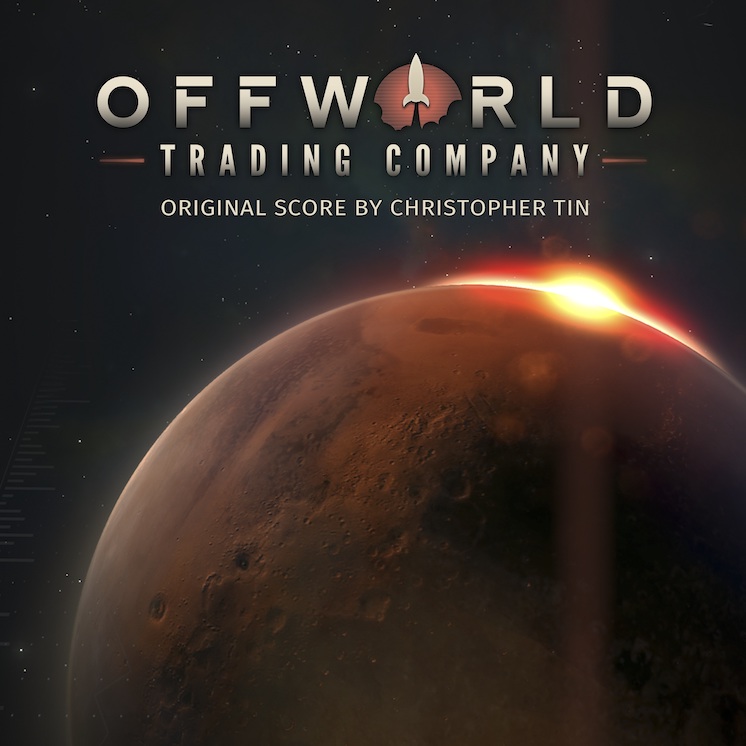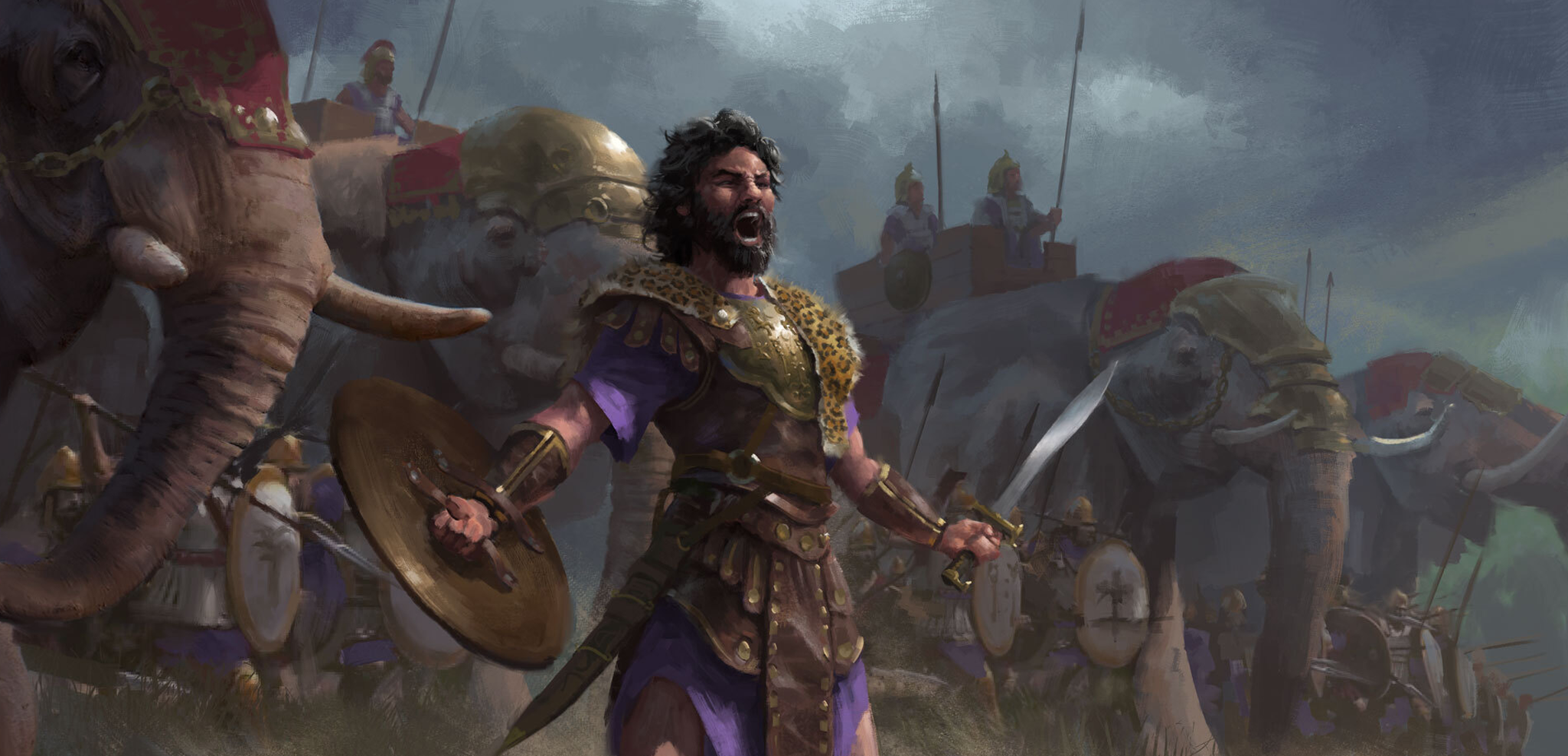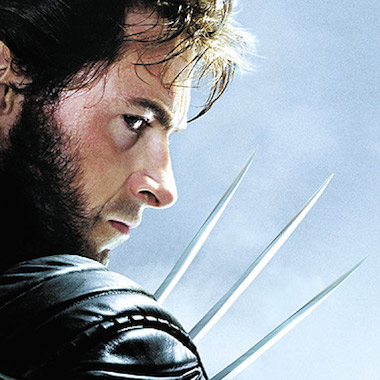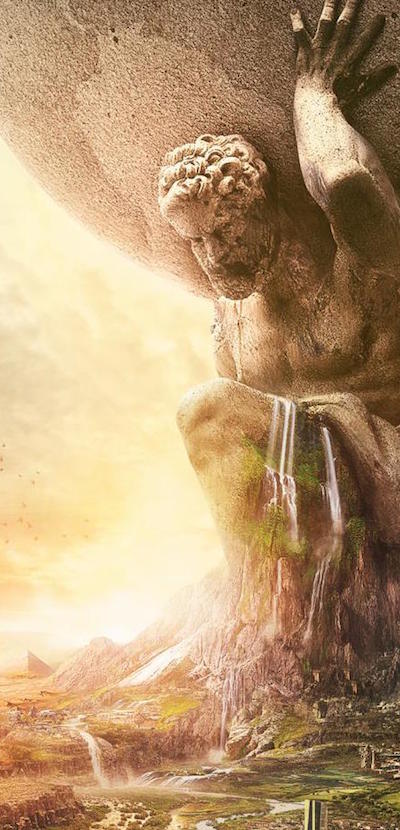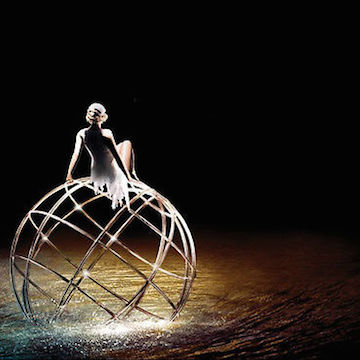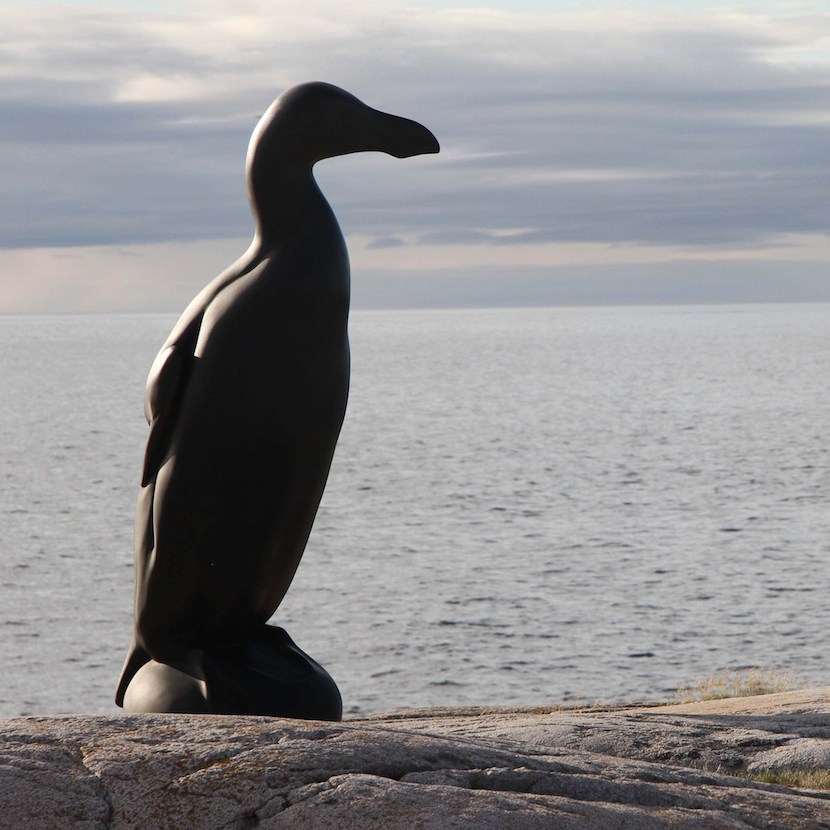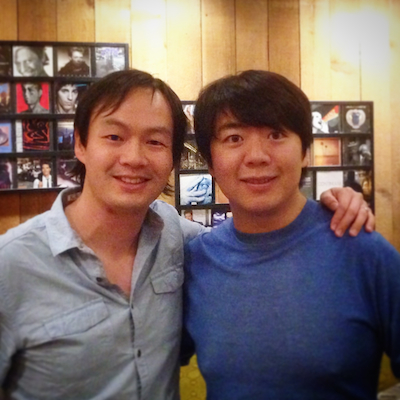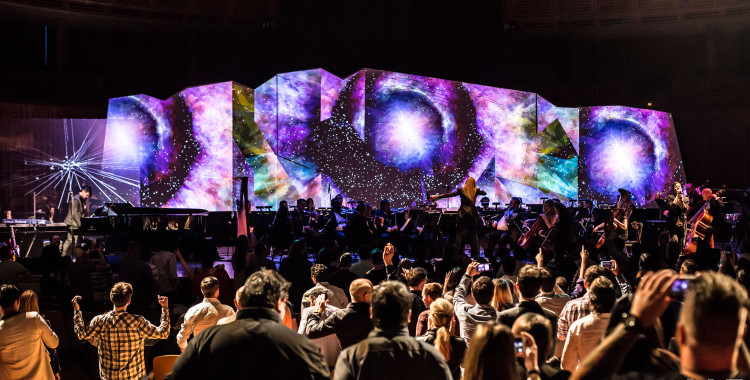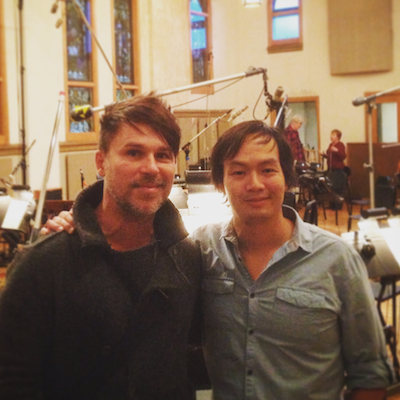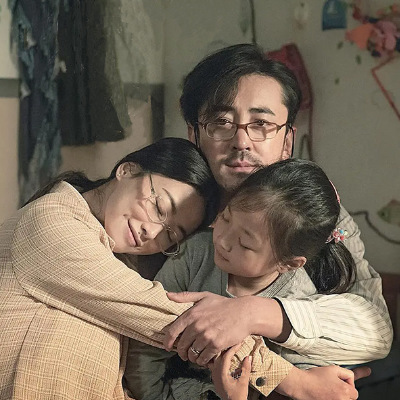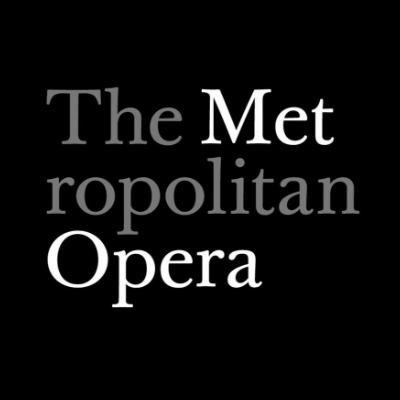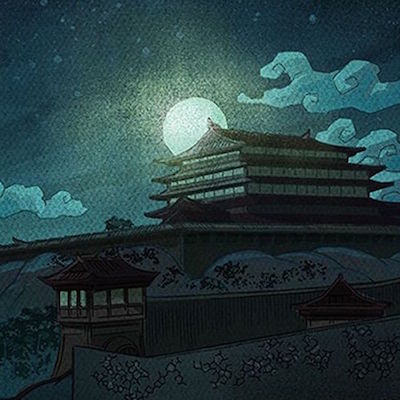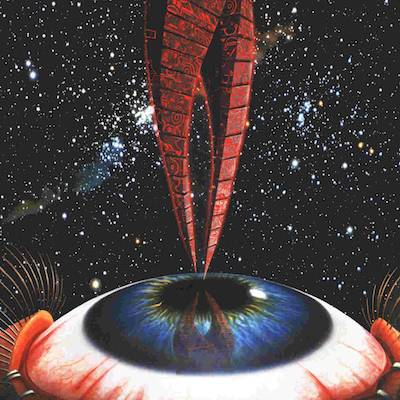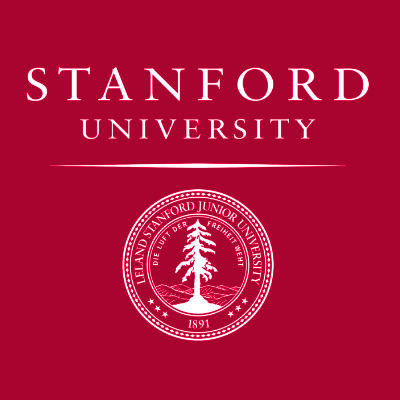Music
Albums and Scores
Baba Yetufrom the video game 'Civilization IV'
Christopher's best known piece is also one of the most critically acclaimed, universally popular video game themes ever, winning the first Grammy award ever awarded to a piece of video game music. The Washington Post called it "sophisticated", Time Magazine called it "anthemic", while The Guardian called it "an intelligent meeting of melody and theme".
As a standard of the contemporary choral repertoire, Baba Yetu is also one of the only pieces of video game music to transcend its genre into mainstream popularity. It's been performed everywhere from community choirs to Carnegie Hall. It's gone from being just a video game song to the soundtrack for everything from Premier League Football to The Vatican. It's been played at weddings, funerals, and even the signing of a historic peace treaty in Mozambique. It's regularly performed at the United Nations. Dancers have danced to it, acrobatic troupes have performed routines to it, skaters have won competitions with it. It's been performed twice on America's Got Talent. It was even a question on Jeopardy!
Baba Yetu has proved itself an enduring classic; with its truly global reach, it's still as enormously popular today as it was when it debuted in 2005.
Sogno di Volarefrom the video game 'Civilization VI'
Christopher returned to the Civilization series with "Sogno di Volare", his theme song to ''Civilization VI'--a setting of Leonardo da Vinci's writings on flight that PC Gamer called "powerful, uplifting". The song earned him two GANG Award nominations, as well as a NAVGTR nomination for 'Best Theme Song'.
The piece also gave Christopher the rare chance to bridge his classical and media composing careers. The world premiere was given at Cadogan Hall, London, by the Royal Philharmonic Orchestra, sung by the combined Angel City Chorale, Prima Vocal Ensemble, and Lucis choirs, conducted by the composer himself.
In March 2018, he announced that he would be turning the piece into a full oratorio about the history of flight, called 'To Shiver the Sky'. He launched a Kickstarter campaign to finance the recording, and the public response was overwhelming, raising a staggering $221,415, and shattering the record for the most highly-funded classical music crowdfunding campaign ever.The album was released in 2020.
Waloyo Yamonifrom Christopher's second album 'The Drop That Contained the Sea'
"Waloyo Yamoni (We Overcome the Wind)" is the grand finale to Christopher's second album 'The Drop That Contained the Sea'. The lyrics are a setting of a Lango rainmaking prayer. It was commissioned by the St. Matthews Chamber Orchestra, and recorded by the Royal Philharmonic Orchestra with the Soweto Gospel Choir.
The piece has been particularly popular performed live. New York Concert Review wrote of the Carnegie Hall premiere "The audience reacted after the final notes with the loudest and longest standing ovation I have ever heard at any concert", while The York Press wrote "We Overcome The Wind was an outpouring of joy; a unanimous standing ovation evinced the sense of togetherness at the heart of this concert." Similarly, the video of the European premiere at Cadogan Hall has become an online favorite, going viral on both TikTok and Instagram.
Flocks a Mile Widefrom Christopher's fourth album 'The Lost Birds'
"Flocks a Mile Wide" is the overture to Christopher's fourth album, 'The Lost Birds', performed by the Royal Philharmonic Orchestra, and described as "musical poetry of a high order" by Textura. Prior to release as part of the album, the piece was given its world premiere on April 3rd, 2016 at the Lincoln Center, conducted by Jonathan Griffith with the DCINY Orchestra. New York Concert Review wrote "Flocks a Mile Wide is filled with poignant lyricism. I have mentioned before that Mr. Tin is highly gifted as a melodist, so this comes as no surprise at all."
The piece was originally composed as the score for the Deborah Dickson film 'The Lost Bird Project', a documentary following the sculptor Todd McGrain as he creates five large sculptures as memorials for extinct bird species.
On a more personal note, "Flocks a Mile Wide" was the piece that Christopher's wife walked down the aisle to at their wedding.
The Fallfrom Christopher's third album 'To Shiver the Sky'
'The Fall' is a setting of lines from Dante Alighieri's "Divine Comedy", including one of the most epic closing lines in the history of literature: 'thence we came forth to rebehold the stars'. The piece is sung by ModernMedieval, Pene Pati, and the Royal Opera Chorus (conducted by William Spaulding) and played by the Royal Philharmonic Orchestra (conducted by Christopher).
'The Fall' also illustrates a common feature of Christopher's albums: the use of interconnected musical motifs. His signature work 'Sogno di Volare' makes a triumphant return at the end, summoning us back to out feet, and beckoning us forward in our quest to conquer the heavens.
Waiting For Your Returnfrom the motion picture 'Crazy Rich Asians'
Christopher was hired by Warner Brothers Pictures and director Jon M. Chu to transform the classic 1930s Chinese melody 'He Ri Jun Zai Lai' into a sizzling, old-school Hollywood opener for the one of the most talked-about films of 2018, 'Crazy Rich Asians'.
Sung by Jasmine Chen, Christopher's big band and string orchestra arrangement dazzled film reviewers, who singled it out as one of the highlights of the film. From The Atlantic: "I didn't make it past the opening credits without bursting into spontaneous tears." The Globe and Mail wrote: "The Mandarin opener by Jasmine Chen set the tone for me, a salvo that made clear the producers had thought through the emotional weight of the film right down to the details." And two editors of Wired agreed: "Waiting for Your Return" is a Chinese jazz classic, delivered with renewed verve and glamour... It's a thrilling opening for a thoughtfully curated soundtrack."
The Saddest Noisefrom Christopher's fourth album 'The Lost Birds'
A setting of Emily Dickinson's 'The Saddest Noise, the Sweetest Noise', this piece begins the story of 'The Lost Birds' in spring, a season of birth, renewal, and birdsong. However, an undercurrent of sorrow remains, as the songs of the remaining birds reminds us of all the birds we have already lost. As a programmatic touchstone of the album, "The Saddest Noise" is also reprised later in the album.
Dickinson's reflections on the birds' songs - at once tuneful, but tainted with melancholy - inspired the musical language for 'The Lost Birds'. Pastoral and romantic, with lyrical melodies and soaring strings, it is heavily influenced by 19th-century musical vernacular.
The album was widely positively received, with BBC in the Studio calling it "a thing of great beauty", radio station WXXI calling it "heartbreaking and beautiful", and A Closer Listen calling it "a requiem for the ages". It reached #2 on the US Classical Billboard charts upon release.
Kia Hora Te Marinofrom Christopher's debut album 'Calling All Dawns'
"Kia Hora Te Marino" is the finale to Christopher's Grammy-winning debut album 'Calling All Dawns'. The lyrics are a setting of a well-known Maori blessing: "May peace be widespread, may the sea glisten like greenstone, and may the shimmer of light guide you on your way.
The piece also illustrates the great lengths that Christopher sometimes goes to for cultural authenticity. After researching their music and texts, he attended a Maori community meeting in London, where he was given the opportunity to participate in some of their cultural traditions. It was there he met Maori multi-instrumentalist Jerome Kavanagh, who quickly became one of his collaborators. Jerome performed the whaikorero (the oration featured in the bridge of the piece), and brought several other members of the Maori community to Abbey Road, where they recorded the haka.
Astronomyfrom Christopher's third album 'To Shiver the Sky'
The lyrics of Astronomy are adapted from the preface to Polish astronomer Nicolaus Copernicus’ seminal work “De revolutionibus orbium coelestium” (1543)--a book which forever changed the course of astronomy by placing the Sun, and not the Earth, at the center of the universe. Copernicus called the study of the stars the ‘noblest of sciences’, as it concerned itself with the greatest of all beauties: the heavens. It was in this spirit of reflective dignity and grandeur that Christopher composed this piece.
One of the more unique features of the work is actually found in the sheet music: if you draw lines between certain noteheads, the various flight-related constellations can be seen on the page: Pegasus, Phoenix, Draco (the dragon), Cygnus (the swan) and many more. (Skip to 3:55 in the video to see them animated.)
Mado Kara Mierufrom Christopher's debut album 'Calling All Dawns'
On first listen "Mado Kara Mieru" sounds like an anime soundtrack, but it's actually a standalone concert work imbued with an inordinate amount of structure and meaning. Sung in Japanese, each verse is a different haiku, written about a different season: spring, summer, autumn, winter, and finally returning to spring. Each verse is similarly sung by a different singer in a different phase of life: a young girl, a young woman, an old woman, and a chorus of old men on the verge of death--after which the voice of the young girl returns at the end. The song therefore is a representation of the cycle of life as reflected through the seasons, making it a microcosm of the larger song cycle 'Calling All Dawns'.
"Mado Kara Mieru" also became a hit in the unlikeliest of places: the hip-hop and EDM scene. Indeed, over the years Christopher's beguiling melody, sung by a young Japanese girl, found its way into rap songs (like "Careless World" and "Mystic" by Tyga) and trance anthems ("Chopstick" by German techno band Scooter).
